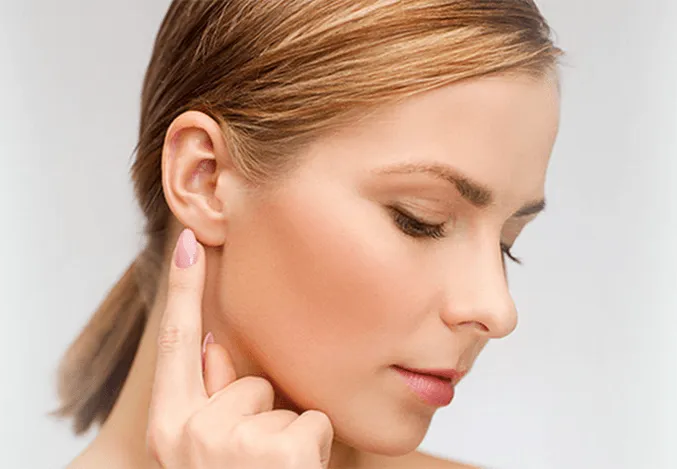Ear Care Treatments
Take control of your ear health with our trusted range of clinically proven ear care products. Whether you’re managing earwax build-up, ear infections, or just want to keep your ears healthy, our clinically-approved treatments are delivered discreetly to your door. Discover how you can protect your hearing and balance with fast, effective solutions from Click Pharmacy.
Explore our full range of trusted ear care treatments below. Each product can be discreetly delivered to your door with next-day delivery available.

Why is ear care so important?
Your ears don’t just help you hear – they’re essential for your balance, overall wellbeing, and quality of life. Keeping them healthy can prevent infections, reduce discomfort, and protect your hearing. At Click Pharmacy, we offer clinically proven ear care products, fast delivery, and expert advice to help you look after your ears confidently.
Common ear problems: causes and symptoms
Your ears are delicate, and many factors can cause problems, including:
-
Earwax build-up – leading to blocked ears, muffled hearing, or discomfort.
-
Outer ear infections (otitis externa) – causing pain, itching, discharge, or redness.
-
Middle ear issues – like fluid imbalance, which can cause hearing loss or dizziness.
-
Meniere’s disease – a rare condition affecting inner ear fluid, leading to vertigo and ringing in the ears (tinnitus).
Recognising symptoms early helps prevent complications and keeps your hearing sharp.
How to protect your ears: essential tips
- Limit loud noise exposure – use earplugs or earmuffs in noisy environments.
- Keep ears dry – dry them gently after swimming or showering to avoid infections.
- Give ears time to rest – after exposure to loud sounds, let your ears recover in a quiet setting.
- Avoid inserting cotton swabs – they can push wax deeper or damage your eardrum.
- Protect against sun damage – apply sunscreen to your ears when outside.
How do ear care products work?
Our range of ear care treatments is designed to gently remove excess wax, ease discomfort, or help manage infections:
-
Ear drops (e.g., Care Sodium Bicarbonate, Otex Express) soften hardened wax so it can move out naturally.
-
Olive oil-based drops and sprays (e.g., Otex Olive Oil, Earol Olive Oil) rehydrate dry wax, reducing blockages.
-
Antibacterial sprays (e.g., EarCalm Spray) help treat outer ear infections by eliminating bacteria and drying excess moisture.
-
Special treatments (e.g., Otovent for glue ear) provide non-invasive solutions for middle ear issues.
All products we stock are clinically approved for safe use in adults and children.
Important: always read the patient information leaflet
Before using any ear care treatment, please read the patient information leaflet for full instructions, safety information, and side effects.
Related Ear Care advice & articles
How to order
Order your Ear Care medication in a few clicks. Ordering from us is easy, fast and discreet.
Free Online Assessment
Answer a few simple questions about your health.
Choose Your Medication
Our prescribers will review and guide you to the right treatment.
Fast Delivery
Once approved, your treatment is dispatched discreet packaging by next day delivery.